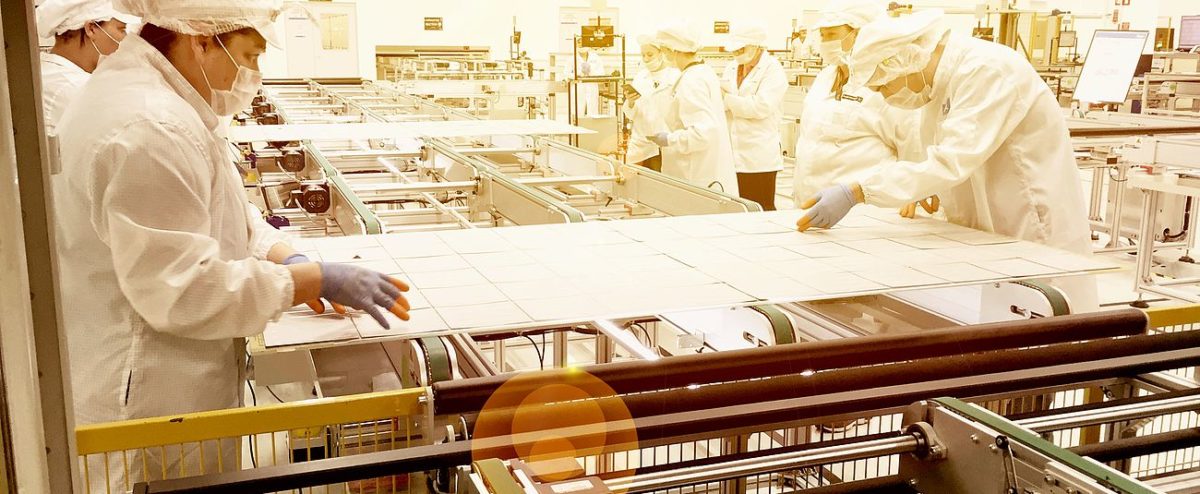Canadian Solar has reported a 23.81% conversion efficiency for a n-type multicrystalline P5 solar cell.
The Chinese-Canadian PV module manufacturer said the new record has been confirmed by Germany’s Institut für Solarenergieforschung GmbH. It follows the company's previous record of 22.8%, set in September 2019.
“This is the third time within a span of nine months that the company has set a multicrystalline solar cell conversion efficiency world record,” the company said, without revealing how it increased the efficiency of the cell.
The cell, which measures in at 157mm x 157mm (246.44cm2), is based on p-type P5 silicon wafer and PASCon (passivated contact) technology. In September, Canadian Solar said that the improvement of the cell’s performance was achieved with metal-catalyzed chemical etching, the “black silicon” process, selective emitter technology, a multilayer anti-reflective coating, advanced surface passivation, and optimized grid design and metallization.
Solar cells of this kind are developed with seeded cast silicon, which is also known as cast-mono or quasi-mono crystalline silicon. Through this process, the manufacturer can produce mono-like wafer materials using a modified multicrystalline furnace to avoid costly investments in ingot pulling machinery.
Cast-mono wafers are also less susceptible to recombination by boron-oxygen defects. In addition, they offer the advantage of lower light-induced degradation.
The headline and copy of this article were amended on 13/05/20 to reflect the cell is question was a n-type, rather than p-type device, as was previously stated.
This content is protected by copyright and may not be reused. If you want to cooperate with us and would like to reuse some of our content, please contact: editors@pv-magazine.com.




Please check the title, its p-type poly, not n-type poly.
Thank you Ismael, that’s a good spot. The title will be amended immediately.
It is strange to me that it is p-type wafer, as the official news published on Canadian Solar’s website refers to n-type :
http://investors.canadiansolar.com/news-releases/news-release-details/canadian-solar-sets-2381-conversion-efficiency-world-record-n
Do you have any other sources?
Dear Barbara, thanks for your comment. Text was amended, as it was n-type as you wrote.